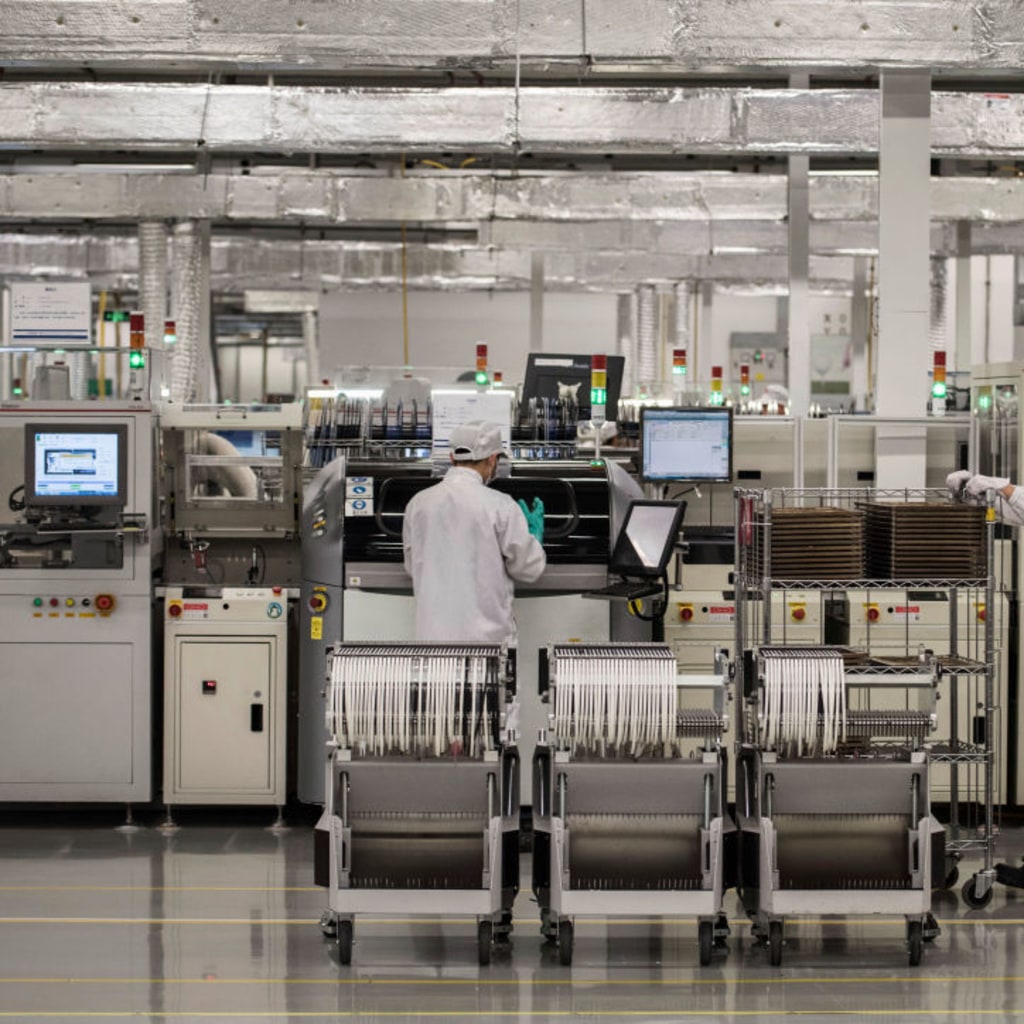
James Dougherty is an adjunct senior fellow in the Center for Geoeconomic Studies at the Council on Foreign Relations. He currently directs the Roundtable Series on Technology, Innovation, and American Primacy.
He has almost thirty years of diverse operating experiences in both informational technology and information services as chief executive officer (CEO). He has worked on startups with up to nearly a billion dollar P&L. He has produced turnarounds, taken companies public, successfully sold companies, and raised substantial private equity in one of the worst markets in twenty-five years.
Dougherty’s career began at Lotus Development, where he became the general manager of the internet division and a member of the executive committee at the time of the company’s sale to IBM. He then produced four consecutive turnarounds for investors—IntraLinks, Gartner, Prodigy, and MataMatrix—which resulted in excellent outcomes for investors such as Silver Lake, Kleiner Perkins, Integral Capital, and Rho Capital, among others. He then joined Great Hill Partners as the operating partner working with seven portfolio companies on the boards of directors, as advisor to the CEOs, and, in one case, as interim CEO. He is now cofounder of a startup called Madaket, an HCIT company based in Boston.
He has served on the board of directors for twelve companies and five nonprofits. He is now on the board of trustees for the Beth Israel Deaconess Medical Center and the Bright Spirit Children’s Foundation both in Boston and the Foreign Policy Association in New York City.
Dougherty lives in Boston and Cape Cod with his wife. His three children are grown and live all over the world.



